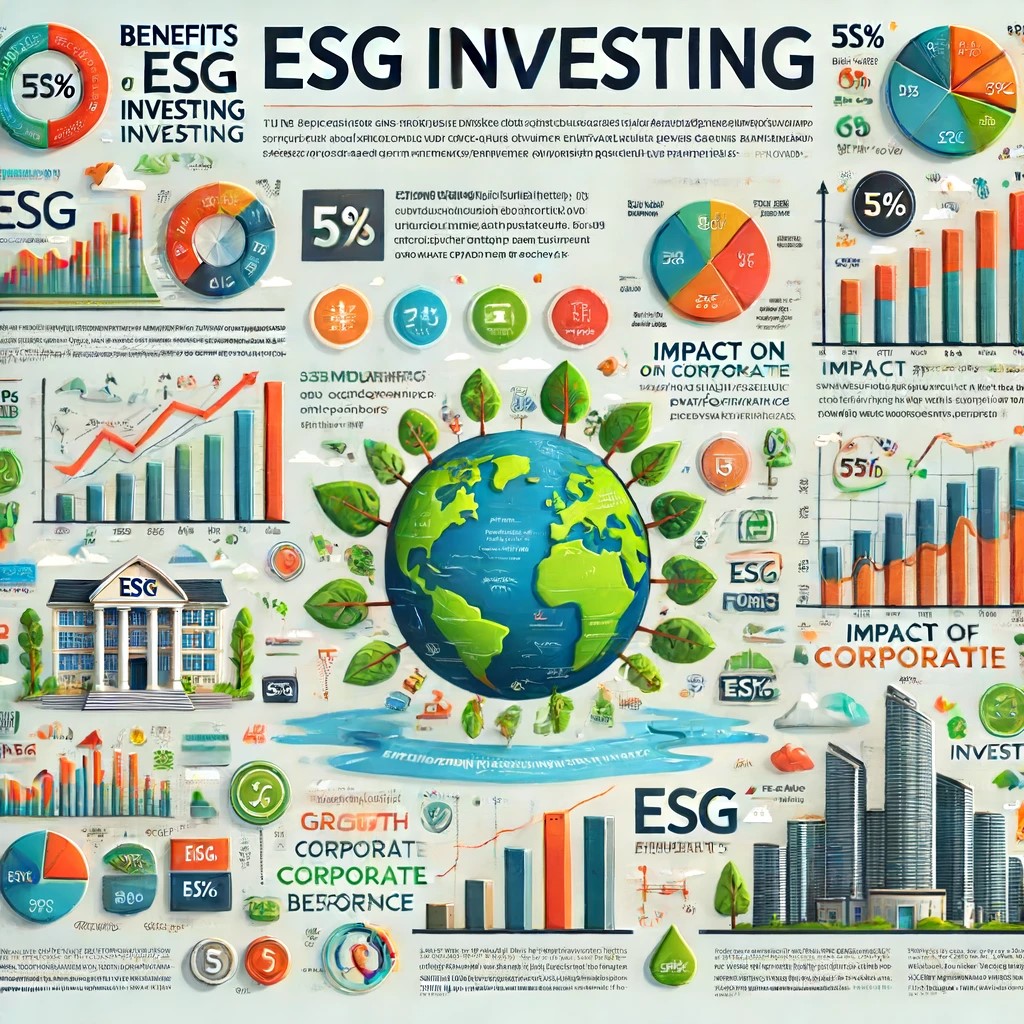Ethical Investing: Aligning Your Values with Your Portfolio
In the world of finance, ethical investing has emerged as a transformative trend, empowering investors to support companies that align with their moral values while still striving for competitive returns. Also known as socially responsible investing (SRI), sustainable investing, or impact investing, this approach integrates environmental, social, and governance (ESG) criteria into investment decisions. This article delves into the nuances of ethical investing, highlighting current trends and future predictions in the field.

Current Trends in Ethical Investing
1. Growth of ESG Funds: There has been a significant rise in the number and assets under management of ESG funds. Investors are increasingly directing their capital towards companies that score high on ESG metrics, which assess factors like carbon emissions, labor practices, and board diversity. According to reports from global financial services firms, assets in sustainable investment products are projected to grow exponentially in the coming years.
2. Enhanced Disclosure and Reporting: Companies are facing growing pressure from investors and regulators to improve transparency regarding their ESG practices. This trend is leading to better and more frequent disclosures, providing investors with the data needed to make informed decisions. Organizations like the Sustainable Accounting Standards Board (SASD) and the Global Reporting Initiative (GRI) are setting standards to guide this process.

Benefits of Ethical Investing
1. Risk Management: Ethical investing helps in mitigating risks associated with environmental liabilities, social discontent, and governance scandals. Companies with robust ESG practices tend to exhibit lower volatility and are better positioned to manage crises, leading to more stable returns.
2. Performance: Contrary to the myth that ethical investing yields lower returns, numerous studies have shown that investments in ESG-focused companies can perform on par with or even outperform their less sustainable counterparts. The resilience and forward-thinking approach of these companies often translate into long-term financial success.
3. Positive Impact: Ethical investing provides an opportunity for investors to contribute positively to societal and environmental challenges. By channeling capital towards responsible businesses, investors can drive corporate change and have a tangible impact on global issues like climate change and social inequality.

Future Predictions for Ethical Investing
1. Greater Regulatory Support: Anticipate more robust regulatory frameworks around ethical investing globally. Governments and financial regulators are likely to introduce standards and guidelines to support sustainable investment, ensuring that it remains transparent, consistent, and impactful.
2. Technological Advancements: Innovations in technology will enhance the ability to monitor and evaluate ESG factors. AI and big data will play critical roles in sifting through vast amounts of ESG data to deliver insightful analytics, making it easier for investors to assess the sustainability performance of their investments.
Conclusion
Ethical investing is no longer just a niche strategy—it's becoming integral to the investment landscape. As investors increasingly seek to align their financial goals with their values, the demand for ethical investment opportunities will continue to rise. The evolution of this trend will likely shape the future of finance, emphasizing the importance of sustainability and responsibility in the global market.






